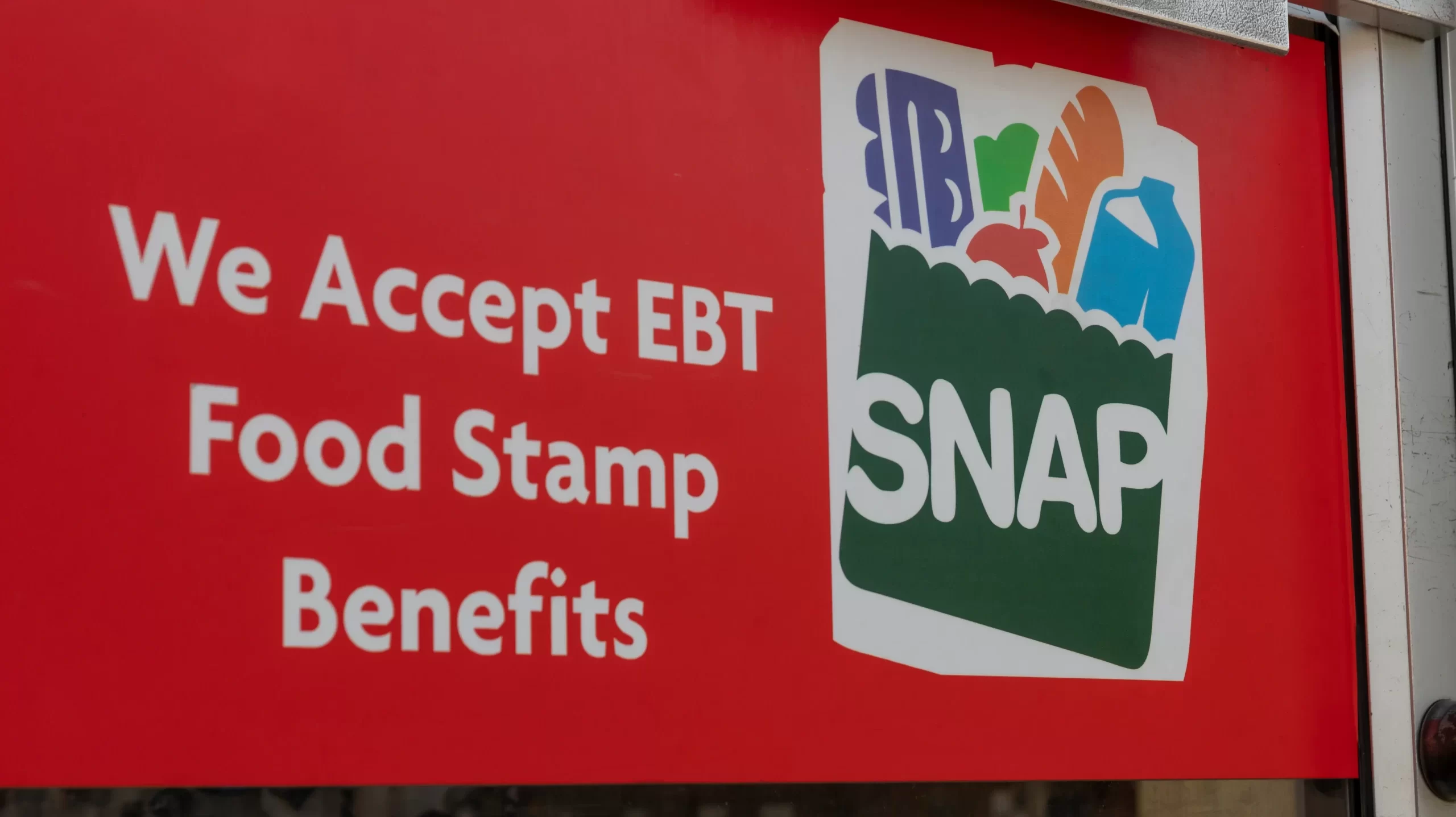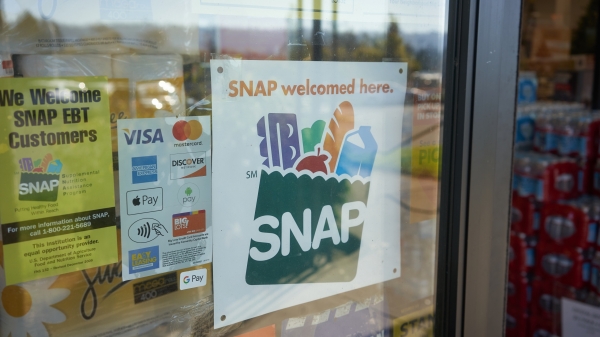|
Getting your Trinity Audio player ready...
|
In a move signaling a rare moment of unity and compassion in Alabama’s often-divisive political landscape, the Senate Finance and Taxation Education Committee on Tuesday unanimously voted to allocate $10 million for administrative funding of the Summer Electronic Benefit Transfer (EBT) program from the 2025 Education Trust Fund budget. This decision marks a significant commitment towards combating child hunger during the summer months when school meals are off the table.
The vote drew immediate praise from hunger advocates, with Alabama Arise stepping into the spotlight to champion the cause. LaTrell Clifford Wood, a fervent advocate from Alabama Arise, didn’t mince words in celebrating this legislative progress: “Every child needs and deserves healthy meals throughout the year,” she asserted. Wood’s statement underscored the vital importance of the initiative, which aims to bridge the nutritional gap for over 500,000 children in low-income households across Alabama.
This program is not just a lifeline for struggling families but also a potential economic catalyst. With an initial state outlay covering administrative expenses, the injection of federally funded EBT benefits could generate approximately $100 million in economic activity each year. Wood hailed this as a dual victory for child welfare and local economies, emphasizing the broader positive impacts of such governmental intervention.
Amidst the applause for the committee’s decision, Wood also took a moment to acknowledge the political champions of this cause. She lauded Senators Vivian Figures, Garlan Gudger, and Rodger Smitherman, alongside Representatives Barbara Drummond and Laura Hall for their steadfast advocacy. Moreover, Wood expressed gratitude toward Committee Chairman Sen. Arthur Orr for his decisive role in incorporating this funding into the education budget.
The unanimous committee vote and the rallying cry from advocates like Wood and Alabama Arise spotlight a pressing issue: the fight against child hunger is as much a moral imperative as it is an economic strategy. As the legislation moves forward, the eyes of Alabama’s most vulnerable families will be on Governor Kay Ivey, awaiting her signature to transform this funding into a tangible lifeline.





















































